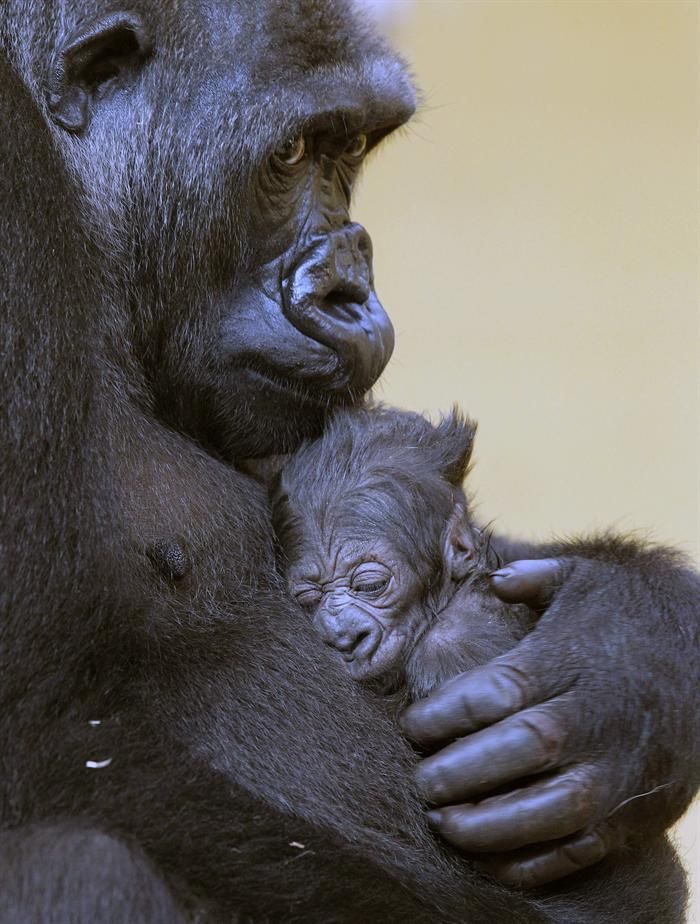“Natural Science” is intrinsically asocial. The only exception at the fuzzy borderline is anthropology (which includes ethnology and, according to some, linguistics). “Science” is also ambiguous; in some languages (e.g., French and Hungarian) it means, jointly, natural science, social science and humanities scholarship.
Natural scientists, whether theoreticians or experimentalists, think of their work as answerable only to objective “empirical” testing and logic — the so-called “scientific method.” As a consequence, many “natural scientists” have an implicit or overt scepticism about “social sciences” (or « sciences humaines » as the French call it, or “Geisteswissenschaften” as the Germans call it) as pseudoscience.
Sometimes the “natural scientists” are right. But far more often they don’t understand, or misunderstand. This has occasionally led to internecine squabbles and even enmity in the Academy. (See Mathematician André Weil vs. Sociologist Robert Bellah at the Institute for Advanced Study and Mathematician Serge Lang vs. Political Scientist Samuel Huntington at the National Academy of Sciences.)
That the valiant defenders of the sacrosanct frontiers of “science” are often mathematicians, whose purely formal discipline lacks one of the two pillars of the “scientific method” (which has sometimes cast doubt on the scientific status of their own discipline) is ironic, but perhaps instructive as to why Professor Lovász was so helpless in the face of Orban’s depredations. Not understanding the social sciences, he was hardly in the position to defend them.
Joseph Palinkás, in contrast, an atomic physicist and an Orban fellow-traveller, failed to defend the non-natural sciences in the “philosopher affair,” and has only lately discovered his conscience, now that it’s much too late.
There is an eery and unpleasant familiarity in the tepid defence (and even active derogation) of their non-natural foster-sister sciences by some “natural scientists,” such as neuroscientist Tamás Freund — playing into Orban’s hands while still feeling immune from his depredations. Social scientists and humanists would have a lesson to teach them, if they would listen.
My own vote (if I had not quit the Academy in 2016 in disgust over its passive submissiveness ) would be for the linguist in the demilitarized zone, Csaba Pléh.


